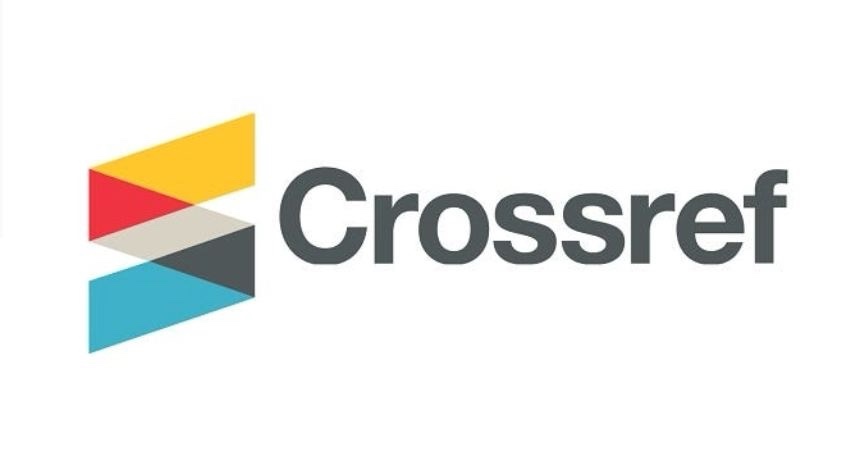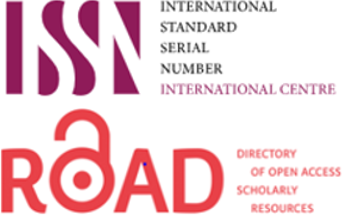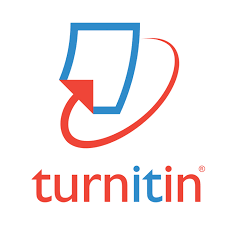The Effectiveness of Non-Pharmacological Interventions on Reducing Intramuscular Injection-related Pain in Adult’s Patients: A Randomized Control Trial
DOI:
https://doi.org/10.58897/d17ypv79Keywords:
Intramuscular Injection; Pain; ShotBlocker; Non-Pharmacological Interventions (NPI)Abstract
Objective(s): study was conducted in order to investigate the effect of ShotBlocker on reducing intramuscular (IM) injection-related pain in adult patients.
Methods: A prospective, Randomized Controlled Trial, was employed in this study. The study was conducted on 128 adult patients, who received Diclofenac Sodium injections in Emergency Departments. The patients were randomized into 2 groups: ShotBlocker group (n=64) and control group (n=64). Immediately after the injection the patients were asked to evaluated their level of pain. The Visual Analog Scale was used to measure pain intensity.
Results: There are statistically significant differences in pain scores among two groups (p < .001). The ShotBlocker group had significantly lower pain scores compared to the control group (mean difference of -3.17188, p < .001). The control group had significantly higher pain scores compared to the ShotBlocker group (mean difference of 3.17188, p < .001).
Conclusions: The ShotBlocker was found to be effective in reducing pain levels when compared to the control group. Therefore, ShotBlocker is recommend as an effective NPI to reduce intramuscular injection-related pain.
Downloads
Published
Issue
Section
License
Copyright (c) 2024 Safaa Ezzat AL-Shammary, Sadeq AL-Fayyadh

This work is licensed under a Creative Commons Attribution 4.0 International License.














